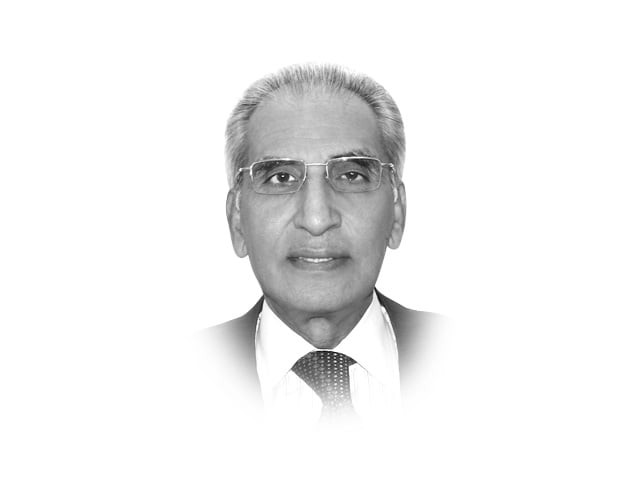Why over-egg the pudding?
We should have simply slept over Dr Afridi's case and let the dust settle down before acting legally.

We are currently witness to one such incident. Dr Shakil Afridi, officially credited by the Americans for having cooperated with the CIA in tracking down Osama bin Laden, has been sentenced to 33 years in jail by a local official in the tribal areas. Whatever the merits of the case — best left to the lawyers — it is the timing that one finds difficult to neglect.
Both countries have acknowledged that despite working diligently to sift through the debris of their differences, the progress has been painfully slow. This was therefore, a time for seeking closure to current problems, not adding to the laundry list of mutual recriminations, but trusts our leadership to do the unimaginable! Knowing full well that the doctor was currently America’s favourite poster child, we should have simply slept over his case and let the dust settle down before acting legally. In failing to appreciate that his imprisonment would be seen as wilful provocation, we demonstrated ignorance of the finer points of diplomacy.
Not surprisingly, our American friends have found the doctor’s imprisonment a welcome opportunity to ratchet up pressure on us. American officials have joined hands with members of Congress to express anger and distress at Afridi’s sentence, viewing it as both cruel and unwarranted, while highlighting his services in obtaining valuable information about Bin Laden’s whereabouts. There should, however, be no surprise in America’s protests. Its leaders have always viewed themselves as both the judge and jury in such cases, conveniently forgetting that no country ever allows its citizens to engage in espionage activities for a foreign power, however noble or innocuous the cause may be.
What the Americans are saying in Afridi’s defence is what US citizen Jonathan Pollard said in his defence when caught spying for Israel, i.e., that since he was working for America’s closest strategic ally and for the common good of the two, he could not be accused of spying for a foreign power. However, he remains in jail, notwithstanding tremendous pressure for his release. Israeli citizen Mordachai Vanunu spent years in jail for revealing information on Israel’s secret nuclear programme (which it denied) that introduced weapons of mass destruction (WMD) to a region that aspired to be a nuclear weapon-free zone. Notwithstanding his noble objectives, Vanunu was kidnapped from Italy by Israeli agents and sentenced to long imprisonment, without a murmur from the US.
The well-known Kashmiri freedom fighter Dr. Ghulam Nabi Fai, was recently jailed in the US for taking funds from a foreign power to canvass support for the Kashmiris’ right of self determination — a right promised to them by the UN Security Council (UNSC) resolutions to which the US is a party as well.
Would Cuba have been justified in engaging American citizens to spy against their government to ascertain the illegal measures that were undertaken by Washington to destabilise the Government of Cuba? Incidentally, these included giving support and shelter to those who had hijacked Cuban aircraft and flown to the US.
Some have cited UNSC resolution 1267 in Afridi’s defence. This resolution calls upon states (not individuals) to hand over Bin Laden’s to the US whenever and wherever captured, but international law does not create a responsibility on individuals to disregard their domestic laws which, in any case, is the citizen’s primary responsibility.
Whatever the merits of the case, the Americans have confirmed that Afridi was in the employ of their intelligence agency and received monetary payments for his services. Moreover, his willingness to use his medical credentials to carry out an espionage activity that also discredited a sorely needed anti-polio campaign, cannot be condoned. He may, therefore, have broken quite a few of the country’s laws, but Pakistan still should have avoided ‘over egging the pudding.’
Published In The Express Tribune, June 7th, 2012.














COMMENTS
Comments are moderated and generally will be posted if they are on-topic and not abusive.
For more information, please see our Comments FAQ